We’re excited to share this new graphic that briefly describes who is a part of our campaign, how we work, what we do, the results, and our goal.
How Free the Vaccine for COVID-19 works
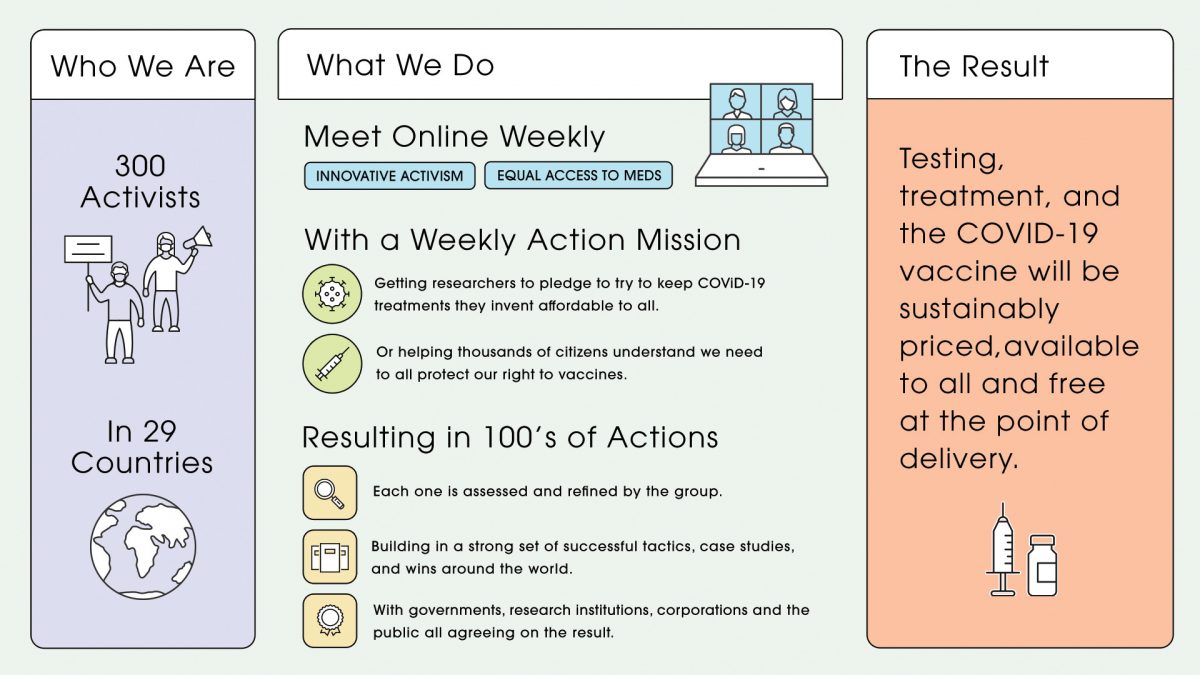

We’re excited to share this new graphic that briefly describes who is a part of our campaign, how we work, what we do, the results, and our goal.
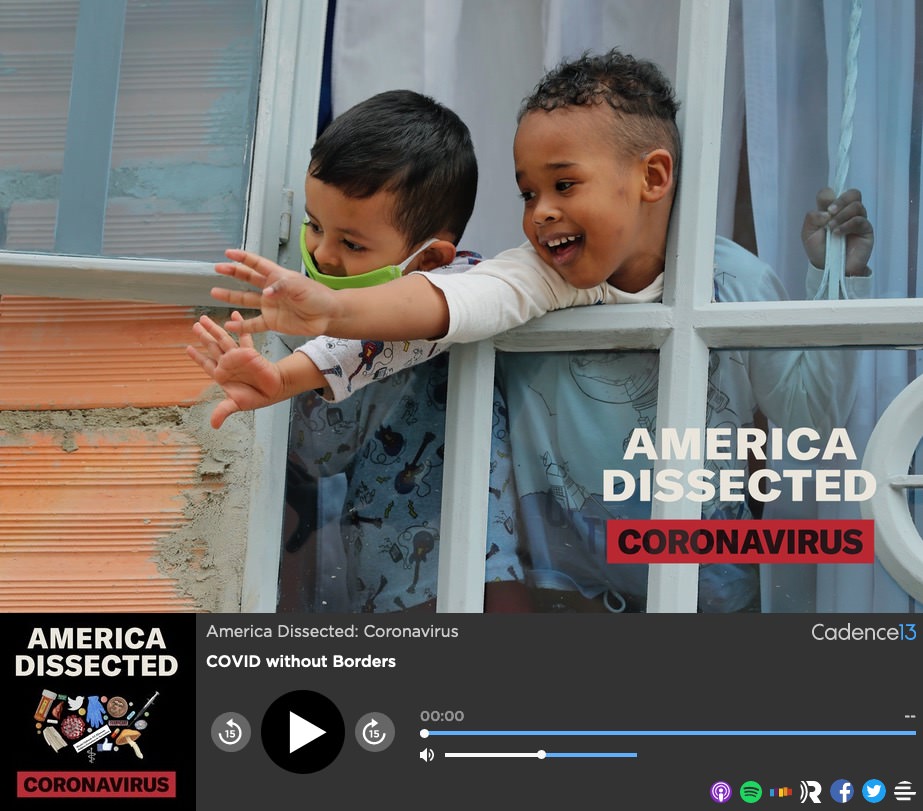
America Dissected is a Crooked Media podcast looking at the COVID-19 global pandemic.
How did we get here? What went wrong? What do we do about it now? In season 2, Dr. Abdul El-Sayed, a physician and former city health commissioner, will keep you updated on what you need to know about COVID-19, what led us to this crisis in the first place, and what policies can lead us out.
In this episode Dr. El-Sayed talks with our own Merith Basey.
Abdul dissects how COVID19 is forcing us to deal with how interconnected our world is, whether we like it or not. Then he speaks with Oussama Mezoui with the international aid organization Penny Appeal and Merith Basey of Universities Allied for Essential Medicines.
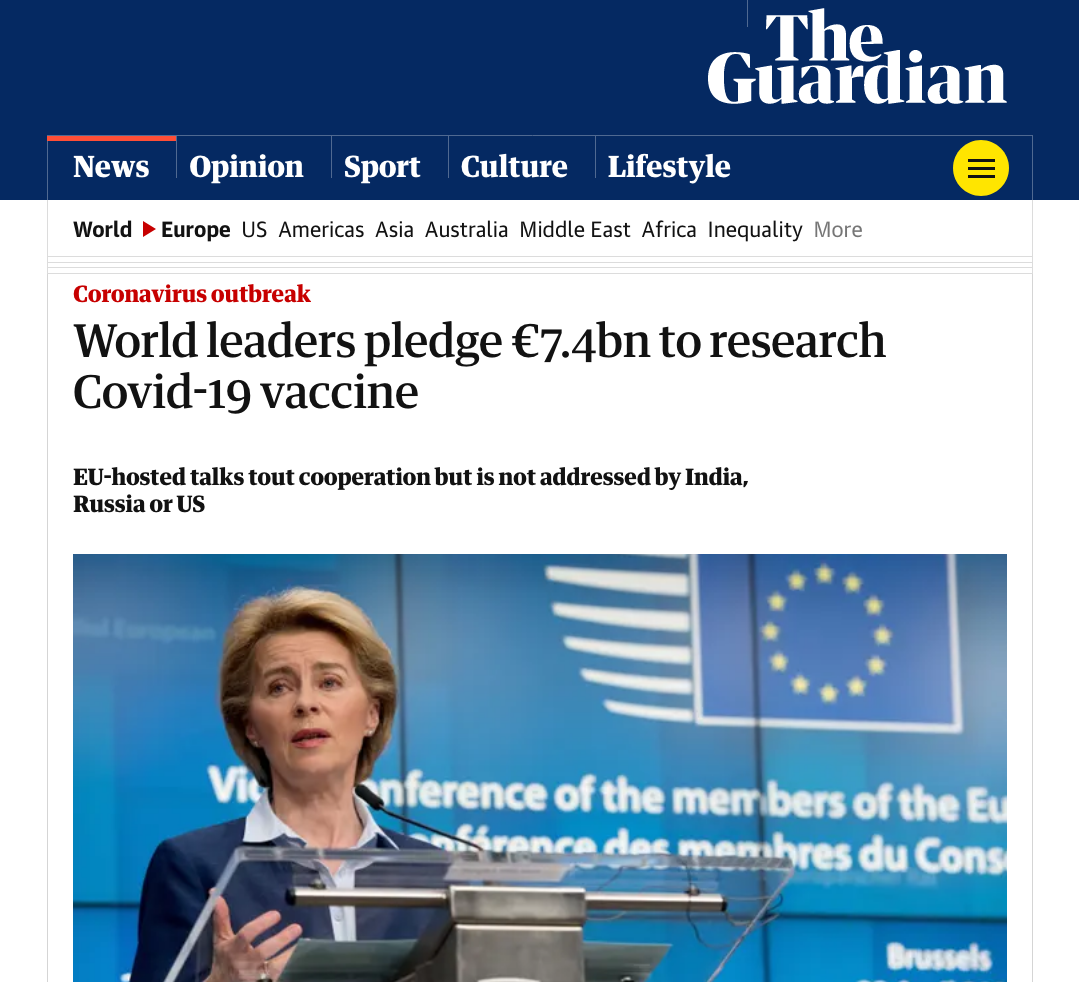
On the same day, a group of world leaders convened by the European Union committed over 8 billion USD to research on the COVID-19 vaccine. At the virtual event, French president Emmanuel Macron said that any vaccine developed as a result of this funding partnership “won’t belong to anybody” and that “access will be given to people around the globe.” However, EU officials clarified that pharmaceutical companies that receive any of this 8 billion USD in public funding will not be asked to forgo intellectual property rights, but simply to commit to an affordable price worldwide—which has not been clearly defined yet and may not be truly affordable, particularly in low-income countries. At the same event, the Executive Board Chair of Unitaid stated that countries need to “learn from the positive experience of the Medicines Patent Pool in making HIV treatments available to most of those who need them and support the implementation of a global voluntary pooling mechanism for Covid-19 related technologies, as proposed by World Health Organization and the President of Costa Rica.” We hope world leaders will listen, and commit to alternative intellectual property strategies that ensure affordability worldwide.
On May 4th, Gavi proposed an advance market commitment as a strategy to ensure an adequate supply of the COVID-19 vaccine. In an advance market commitment model, governments agree in advance to buy a large quantity of a vaccine at a set price from manufacturers, avoiding shortage due to supply and demand. However, advanced market commitments are often proposed to avoid action that directly addresses affordability, and if the proposed “set price” is too high, many governments will not be able to afford the supply their people need—and taxpayers are still footing the bill. In addition, reliance on only a few manufacturers can further exacerbate the problems that monopolies cause for affordability and access. We are therefore watching the discourse around advance market commitments with caution, and hope to emphasize that these models cannot replace real guarantees of affordability.
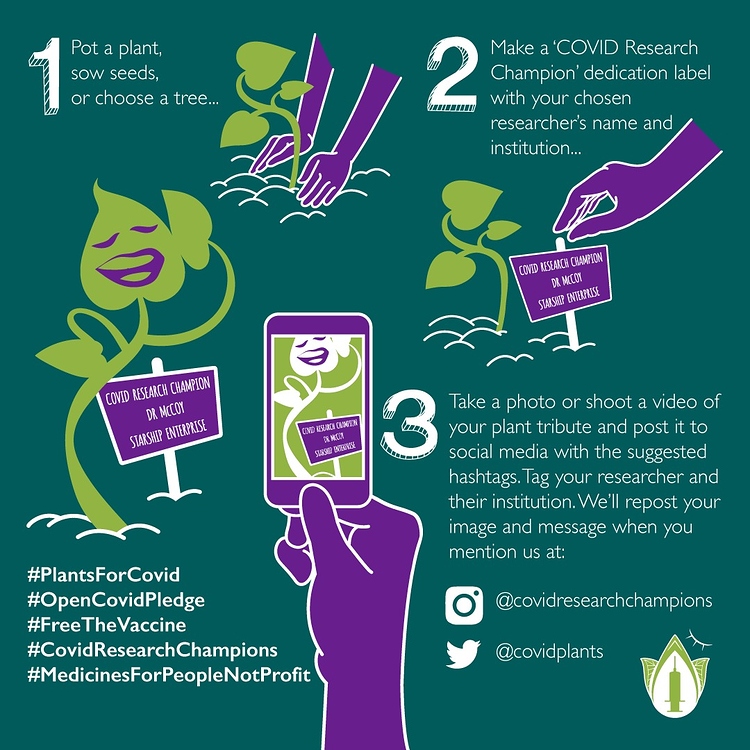
Last week, our Lab members continued to push themselves with creative tactics to get institutions to sign on to the Open COVID Pledge. This week, they focused on learning from each other, identifying what has worked in other Labs and applying those lessons to their own projects.
Why this mission? Because:
The Jaguarundi Lab, which is targeting two different universities in Brazil, has also adjusted their strategy for each university to create two different approaches. In targeting UFPel, which has already committed to free and non-exclusive licensing, they wrote a funny email congratulating the university on this decision and inviting them to sign the Open COVID Pledge; they plan to make this ask again on a webinar organized jointly with the university, UAEM, and DNDi.
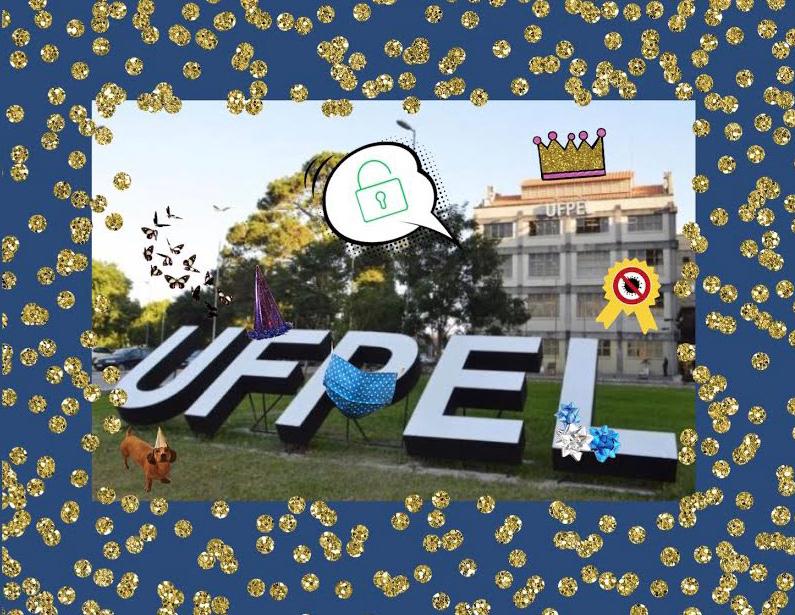
In targeting UFMG, they circulated a petition (which now has 330 signatures) and made a play on an existing campaign to protect public universities in Brazil, adding a “no monopoly” message. They plan to deliver the message next week!
In the team’s mission report, Luciana Lopes writes that they learned
…we need to be patient, which can be really difficult. Although some initiatives don’t need a long time to be planned, some results may take some time to show up. But they will eventually. It’s a long process and every move is an important one.
One of our Seal Labs has started a “Plants for COVID Research Champions” project, in which activists dedicate plants in honor of vaccine researchers as a positive way to get their attention before asking them to sign on to the Open COVID Pledge.
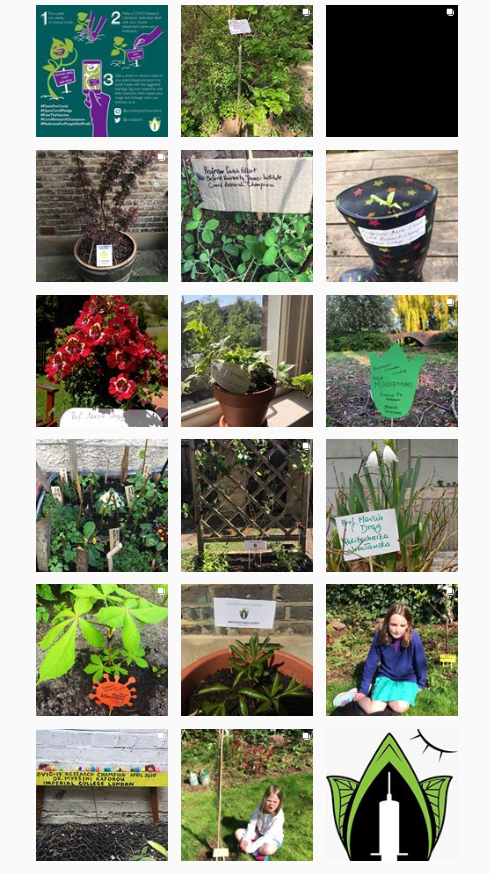
Of the 8 researchers they have contacted so far, 5 have responded with thanks, three of them speaking positively about transparency and data sharing in that response. In their mission report, the Seals highlight what’s working: a strategy that gets scientists to respond, a simple action with movement building appeal, and a great energy level in their squad. While they initially struggled to communicate the idea to others, creating an infographic was an easy way to ensure that the action was clear enough for others to pick up on.

In the squad’s mission report, Sofia writes that
we have been lucky to have activists in our team with connections to the access to medicines field, but we’ve still wanted more information. We need sound research about the institutes, their research lines, and partner deals. We want to be accountable, particularly now we’re inviting others to join. We hope the UK UAEM can help with this, but would also love to tap into other activist networks.
Continuing work on the trading card project we told you about in previous weeks, the Otter Lab chose 3 researchers to contact at each university—USC and UCLA—with their trading cards, and an invitation to sign on to the Open COVID Pledge and become access champions. This week, they completed and sent the cards! Take a look at some examples below.
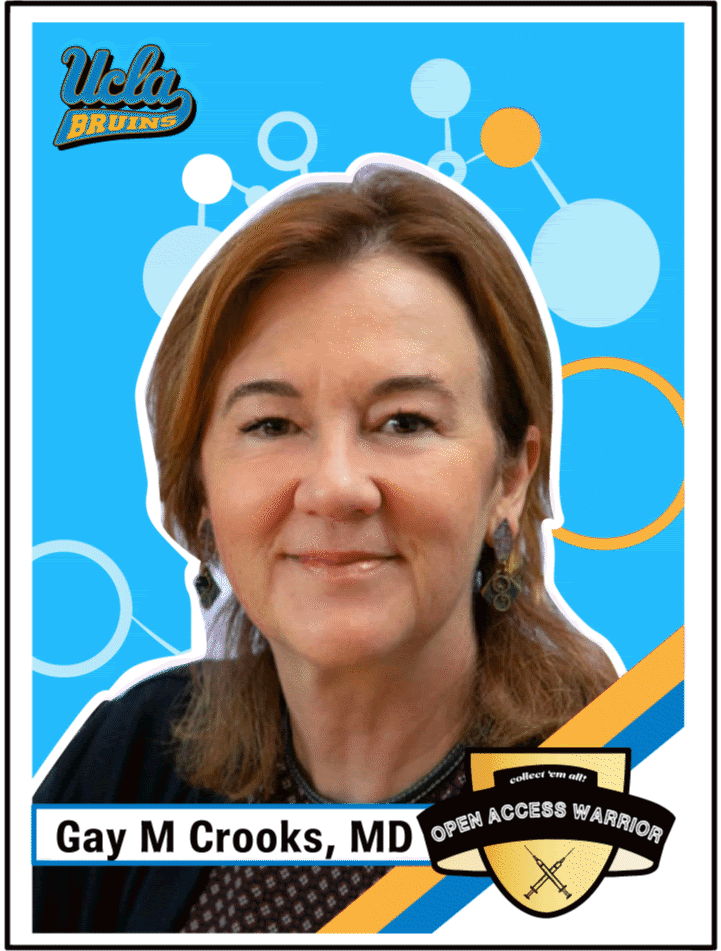
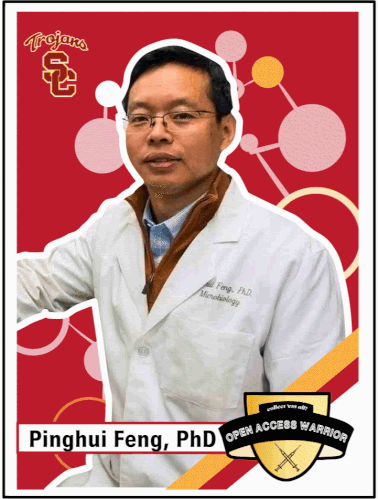
Saima Salam writes in the mission report that
commending people on the incredible COVID-19 research they are doing is always a positive way to handle a situation. Additionally, since we are providing them with customizable trading cards, it would provide an additional incentive for the researchers to hopefully sign the Open Covid Pledge. Not only are we reaching out to our top researchers but we are spreading the news through so many different outlets and as we know, starting a conversation about an issue is the first step to victory!
Check out this video from a Coyote member who wrote a clever parody of “What a Wonderful World,” targeting the University of Texas and AskBio. Take a listen and share it on social media if you can!

Last week, our Lab members began highly targeted advocacy efforts, with the goal of getting institutions to sign on to the Open COVID Pledge. This week, they continued those efforts, sharing lessons learned in order to improve strategy and push themselves strategically.
Why this mission? Because:
Last week, one Falcon squad had the idea to play on Time Magazine’s famous “Person of the Year” award with their own Photoshopped Time covers. They discussed how to best use this tactic for advocacy: could they share their Photoshopped cover calling scientists “the new Jonas Salks” as a push for researchers to aspire to and follow in Salk’s example?
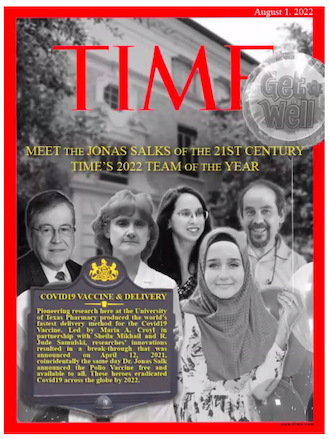
Eventually, they decided to move in a new direction: creating a “Person of the Month” award given by us, on Freethevaccine.org. By honoring a scientist working on COVID-19 research, they hope to create a positive relationship, draw attention to our cause, and open the door to discussions of signing on to the Open COVID Pledge! Watch this space to see who our first honoree is.
Last week, one of our Dolphin squads identified their target, a famous Australian immunologist, and began drafting a letter to him requesting support for the Open COVID Pledge. Not content with a generic letter, the team began an internet deep dive to learn more about the scientist and plan how they might personalize their letter. Their next draft highlighted the scientist’s own activism efforts, as well as his connection to Universities Allied for Essential Medicines—and received a response in fifteen minutes, with a promise to forward their email to the relevant people in his organization. The Dolphins then began researching the organization’s current IP policies, and sent a follow-up email to the scientist for his help finding the right contacts at his organization and other institutions in Australia. As their work shows, getting one door open with a personalized tactic has the power to open even more!
Last week, one of our Fox squads identified their target as a University of Pittsburgh scientist, and started to brainstorm creative ways to reach out through poetry or photography. This week, after noticing that the university’s Center for Vaccine Research was retweeting pictures of food sent to the Center, they settled on their tactic: poetry cakes. By delivering cakes decorated with limericks calling to #FreetheVaccine, the squad hopes to show their gratitude for the scientists engaged in vaccine research while sending a positive but clear message. Now, the same Fox squad is teaming up with another Pittsburgh-affiliated team, who have been Photoshopping fake tabloid and magazine covers with fake #FreetheVaccine tattoos as a creative and public-facing way to call for a free vaccine, but were still forming a plan to connect with targets. By combining their efforts, the Fox squads hope to integrate a highly targeted tactic with one that can engage the community. Keep an eye out for pictures of the cakes and covers!

As we continue into next week, we hope to have our squads take a closer look at one another’s strategies and find concrete ways to apply lessons learned to their own efforts. Writing in our forum, Bison mentor Eric Johnson Olson reflected:
I think a big takeaway for me this week is to figure out particular people to target with different actions that play to the cost-benefit analysis. And figure out ways to shift those costs. I also loved that the Australian team played into the strengths of the researcher by asking for advice. It’s always a great way to connect with people by asking for help.
Eric Johnson Olson, Bison mentor
These are the kinds of discussions we will continue to foster as the campaign continues—note that Eric is talking about the cost-benefit analysis exercise we shared with participants in our curriculum. As we collect more insights, we’ll share them with you on this website, and we invite you to watch as our participants turn that insight into impact!
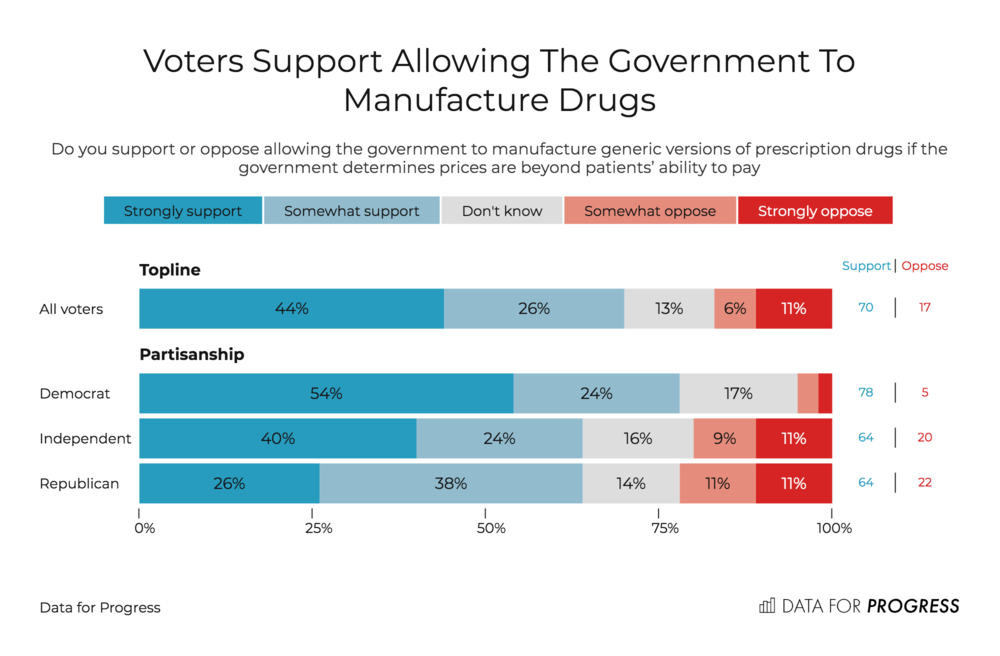

Not a member of our Global Advocacy Innovation Labs? We still need your help! Here are some things you can do:
Our U.S. Petition demands that government officials make vaccines and diagnostic tools for COVID19 developed with public funding in the U.S. available to all. If you haven’t already, please sign and share this petition— we need your solidarity and support today.
This week, companies like Microsoft, IBM, HP, and Facebook joined UAEM and C4AA in supporting this pledge and urging universities and other institutions to make their intellectual property available free of charge for use in ending the COVID-19 pandemic and minimizing the impact of the disease. We need more institutions to step up and make the same commitment. Every organization working on COVID-19 should be making this pledge.
If you’re not sure how to start, our Labs have found that personalizing your message makes an enormous difference. If you have a personal connection or mutual friend with someone who has the power to sign on, reach out to them! If you don’t, do your research on potential signatories. How can you connect with them on a personal level? Be bold to make your message stand out: someone might receive dozens of emails each day, but a video or a piece of art will grab their attention.
Last week, our Lab members got our message out to a wide audience using traditional media. This week, with the goal of getting institutions to sign on to the Open COVID Pledge, we shifted gears to highly targeted creative advocacy.
Why this mission? Because:
A few days after we made the Open COVID Pledge the focus of our weekly mission, we received the exciting news that tech giants like Amazon, Facebook, Microsoft, IBM, and Hewlett Packard had signed the pledge. But that wasn’t the only interesting news we learned this week. Here are some developments that should be on your radar:
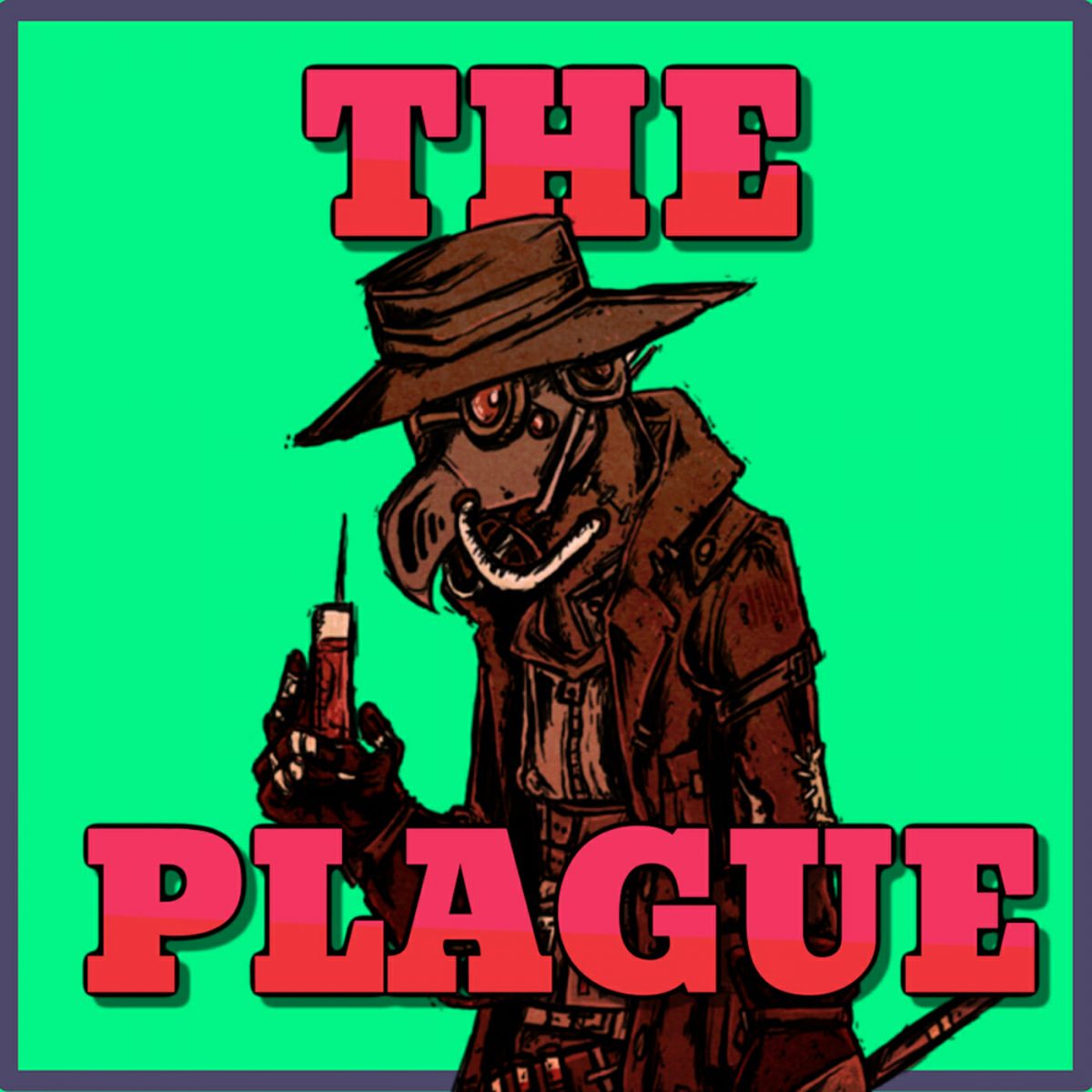
Free the Vaccine for COVID-19 participant, L.M. Bogad, has a new podcast called The Plague. Check out episode three with Merith Basey, one of the leads of the Free The Vaccine for COVID-19 campaign.
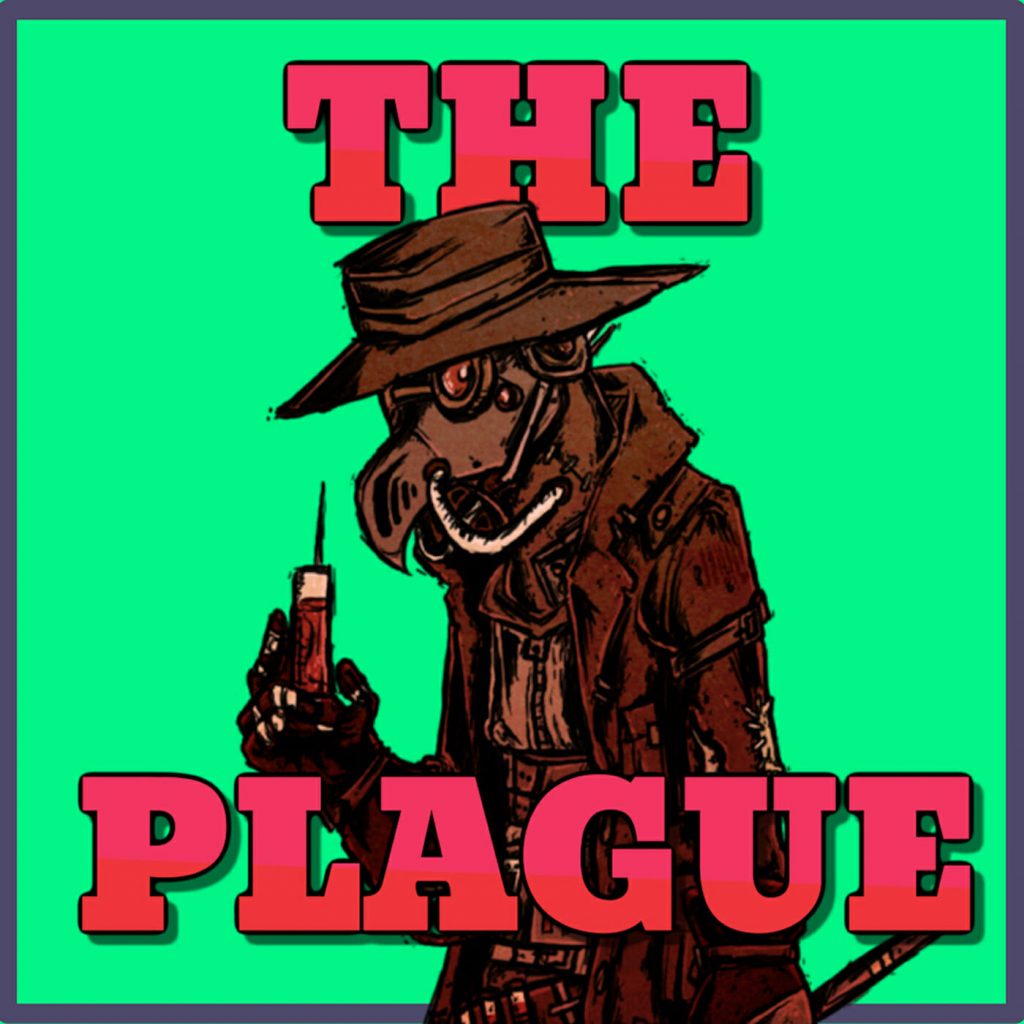
I’m pleased to announce the launch of my podcast, THE PLAGUE. It’s a podcast where we look, not just at the ongoing coronavirus pandemic, but at our nation’s home-made plagues, plagues created by human socioeconomic systems, that make the coronavirus more virulent and dangerous.